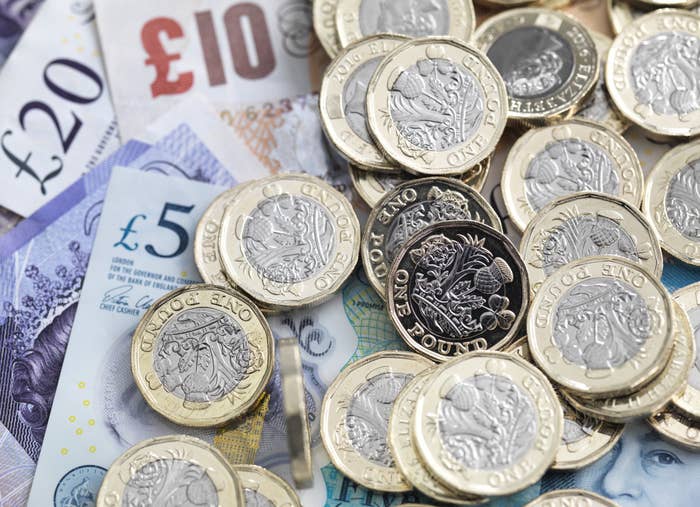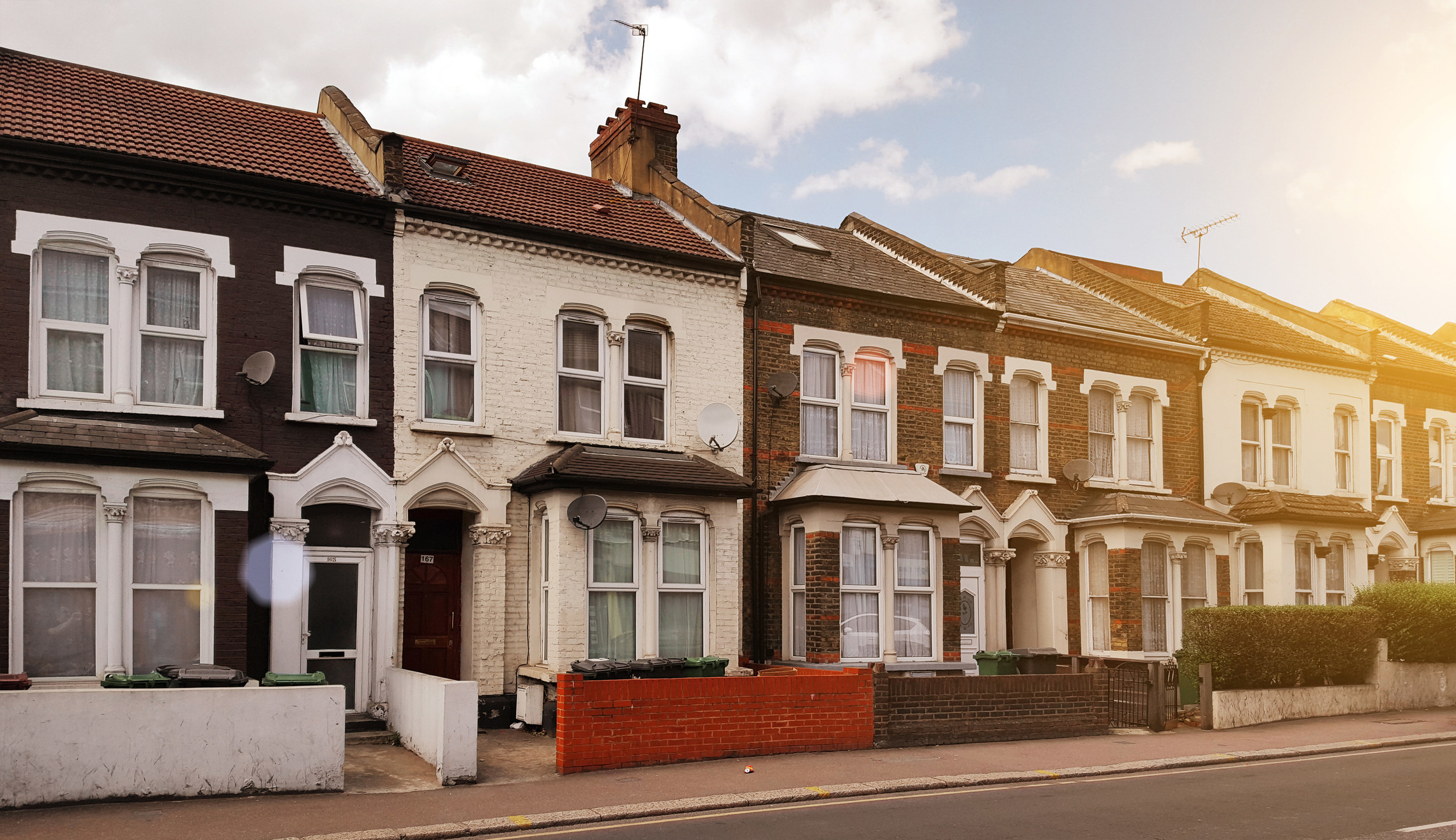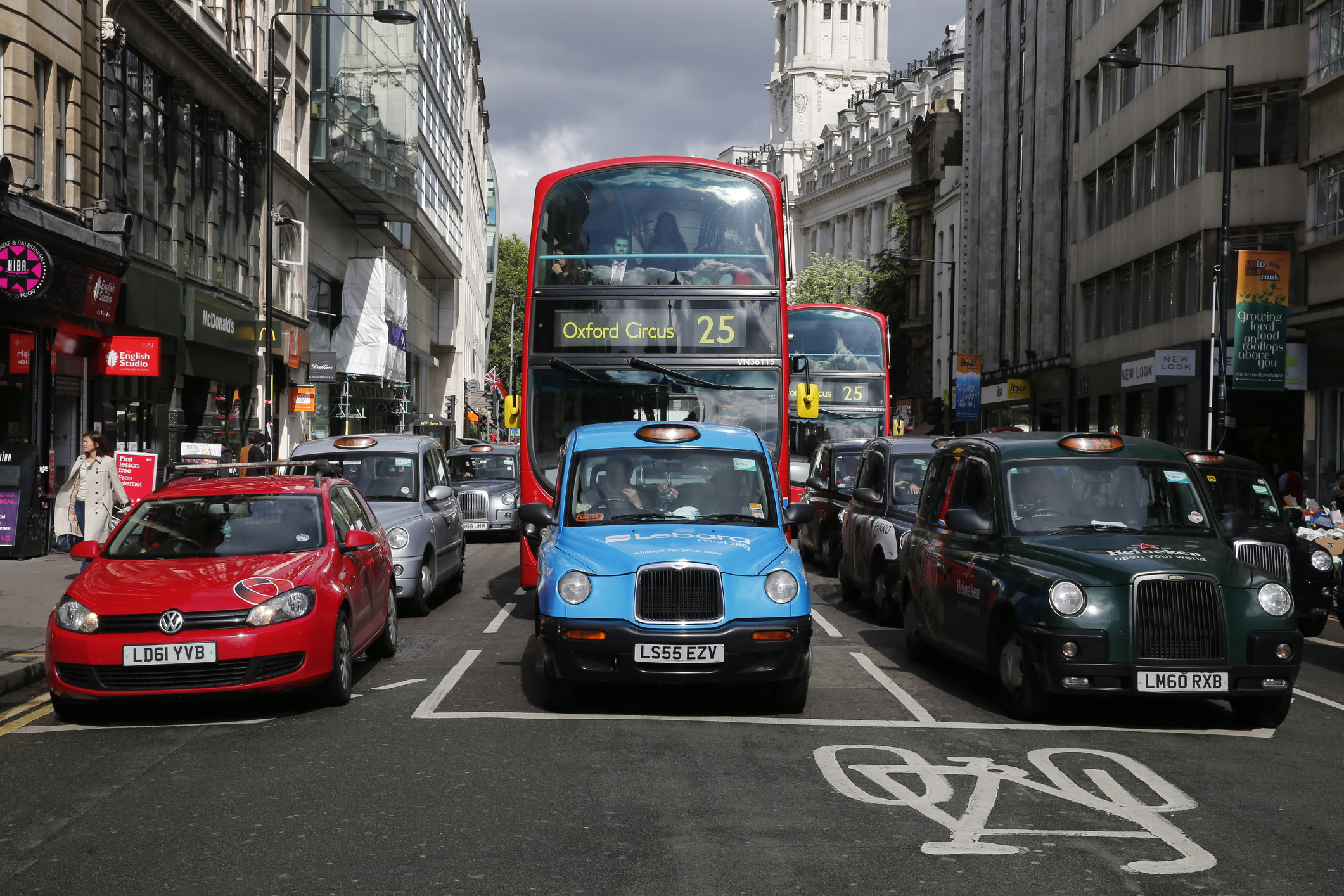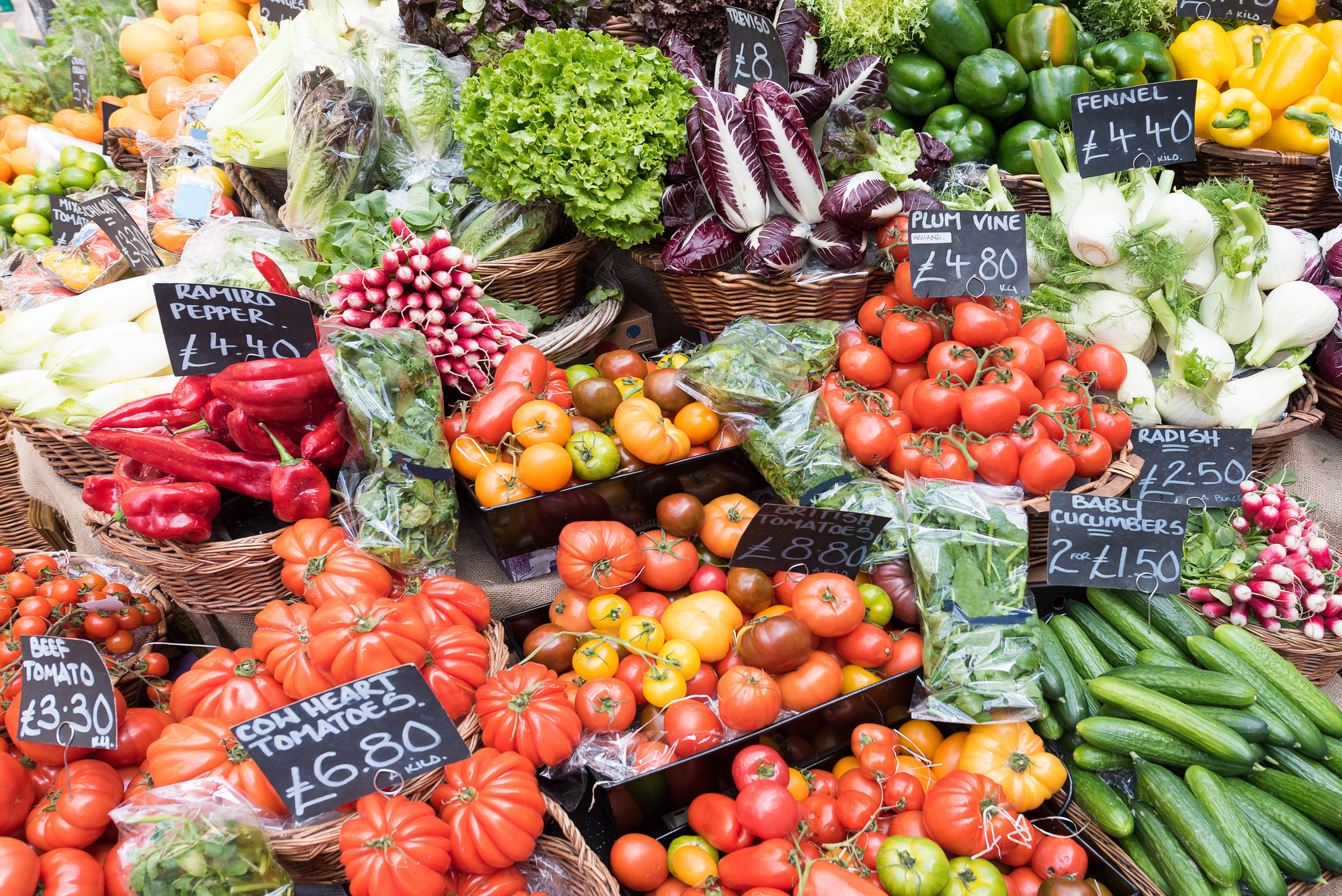Does anyone else ever feel like every time they leave the house they end up spending all of their hard-earned cash away? It's no surprise that we often seethe with jealousy when our grandparents speak about all they could purchase when they were our age — it just seems like everything was way more affordable in the past.
The question is — are we all actually bad at budgeting like some Boomers like to think or, were things actually just so much cheaper and easily purchased "back in the day"?
Using data from the Back In My Day Calculator made by Hillary's UK and other sources, we can calculate the average costs of many basic necessities in the years when the oldest members of Baby Boomers, Generation X, Millennials, and Gen-Z in London were about 22-24 years old!
While I would love to dig deep into every area of life, I've chosen just a few key relatable areas to compare, as that's where the data is!
Hillary's has sourced information from The Office for National Statistics, The AA, The Nationwide Building Society, and The National Archives to form their comprehensive tool.
Before we get into specifics, let's start with the average income.

With that out of the way, let's get into the list!
1. Housing:

But who's even considering buying a home in London anymore?
These days more of those living in London are renting their flat than ever before — because of the high costs to own outright. Despite rents in London falling to a low that hasn't been seen in over a decade due to the pandemic, the cost to rent monthly is still about 42.4% higher than it was for the Millennial generation back in the early/mid-2000s.
The current monthly rent in 2021 for the oldest of Gen-Z is £1,572 on average — not including utilities, renter's insurance, or WiFi. These things combined will cost you an additional £125/month.
2. Transportation:

3. Food Groceries:

Honestly though, most of us are spending our money on dining out, delivery services, and meal deals are we not? So what is the average monthly cost of dining out and such in 2021?

There's been a clear up and down pattern of necessities costs throughout the decades. So what about the cost of something that just adds some fun to life?
4. The Cinema:

And, since we mentioned streaming services:
Let's rapid fire this one friends:
Netflix: £5.99/month
Disney+: £7.99/month
Amazon Prime Video: £7.99/month
AppleTV+: £4.99/month
BritBox: £5.99/month
£5.99 today would have the purchasing power of about £101.14 in 1969. I guess it does make sense that if streaming services were around in the past somehow, it would be worth a good bit!
So, what to make of all of this?
I think we can assess that there's not a real "winner" between the generations of who has it better or worse, because for a lot of reasons times have just always been sort of hard.
While we're not here to solve the issue of inflation or even figure out how the economy works, it is super interesting to see how money compares between the generations — at least, for necessities like housing and food.
A quid could stretch a good bit farther back in the day, yes, but there's different things that would've been in a 70s budget that we don't have now just like there's things that we pay for now that didn't exist before (brb side-eyeing Amazon Prime). Who can really say who has had it easier, when everyone's situation is so different?
